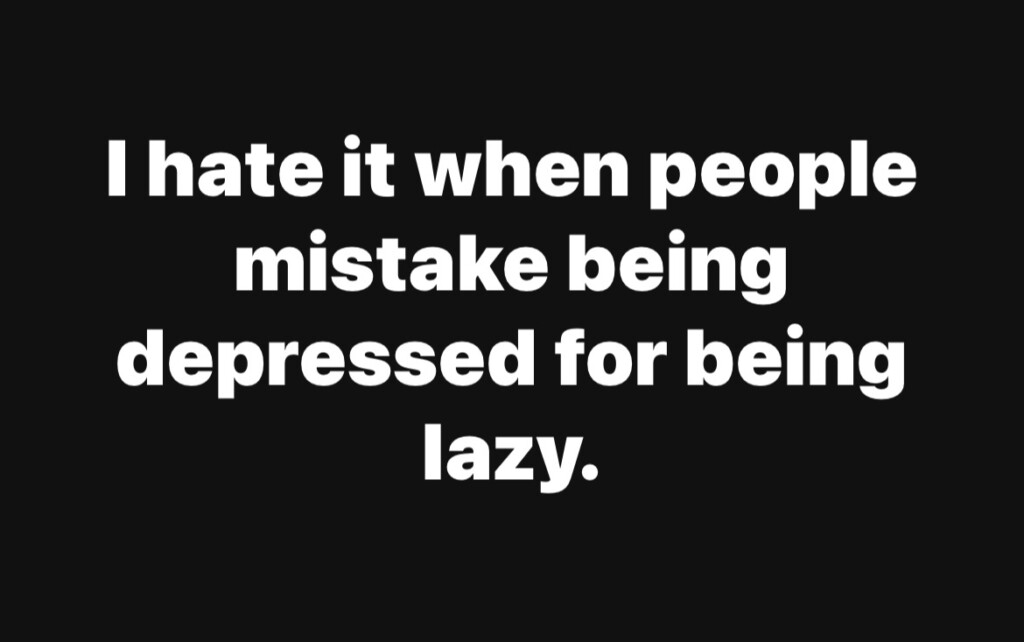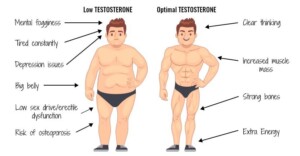The challenge of understanding mental health issues, particularly depression, is magnified by society’s propensity to label and misjudge. One of the most frequent and damaging misunderstandings is the perception that those suffering from depression are merely lazy. This perception not only demeans the experiences of those with depression but also propagates misinformation, making the journey to recovery even more challenging.

Depression: A Clinical Condition
Depression is a legitimate medical condition. It’s not a fleeting feeling of sadness; it’s a persistent state that can last for weeks, months, or even years. Those with depression experience a range of symptoms, from persistent sadness, loss of interest in activities, changes in appetite, and sleep disturbances to feelings of guilt, difficulty concentrating, and even suicidal thoughts. The World Health Organization identifies depression as a leading cause of disability worldwide.
Misunderstanding the Inactivity
A significant symptom of depression is fatigue or a lack of energy. This can manifest as an inability to get out of bed, neglecting personal hygiene, or just avoiding day-to-day activities. To an outsider, this may seem like laziness. However, it’s crucial to understand that this isn’t a choice. People with depression aren’t just “skipping” responsibilities. They’re grappling with a condition that drains them of their energy and motivation.
Why This Mislabeling is Harmful
Labeling someone with depression as lazy is not only inaccurate but also harmful. It reinforces the stigma around mental health, suggesting that those with depression can “snap out of it” if they just try harder. This kind of mindset can prevent individuals from seeking help, believing instead that they’re at fault for their condition.
Moreover, feeling misunderstood can exacerbate the feelings of isolation and loneliness that many with depression already face. When a person’s genuine struggles are invalidated, they may be less likely to confide in others or seek professional help.
Addressing the Myths
To combat these misconceptions, it’s essential to foster a culture of understanding and empathy. Here are a few ways to do that:
- Educate Yourself and Others: Familiarize yourself with the signs and symptoms of depression. The more people understand, the less likely they are to misjudge.
- Listen Actively: If someone confides in you about their mental health, listen without judgment. Avoid offering simple solutions like “just try harder” or “snap out of it.”
- Seek Professional Insight: If you or someone you know is struggling, it’s essential to consult a mental health professional. They can offer guidance, therapy, and sometimes medication to manage the condition.
- Advocate: Speak out against harmful stereotypes. Use your voice, whether it’s in person or online, to address and correct misunderstandings about depression.
Depression is a complex and debilitating condition, not a sign of laziness or a lack of willpower. As society becomes more attuned to the intricacies of mental health, it’s our collective responsibility to ensure we’re part of the solution, not perpetuating the problem. Only through understanding, compassion, and action can we hope to support those in the throes of depression, ensuring they receive the empathy and care they rightly deserve.
As an Amazon Associate we earn from qualifying purchases through some links in our articles.




